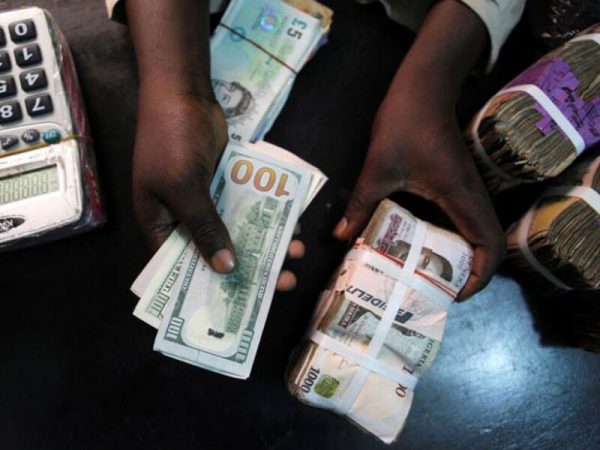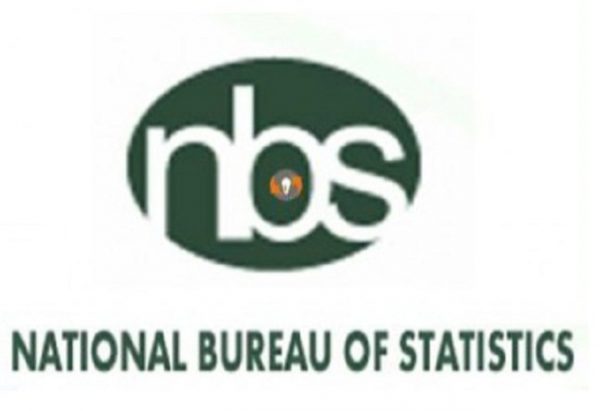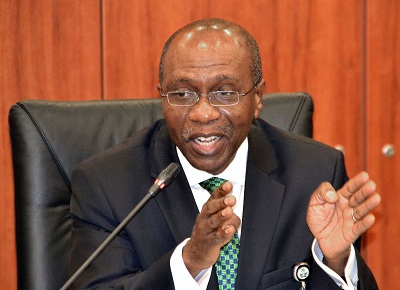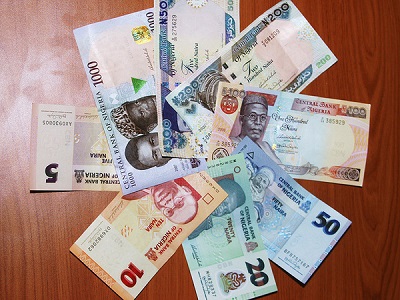Foreign reserves shed $3.02bn in three months
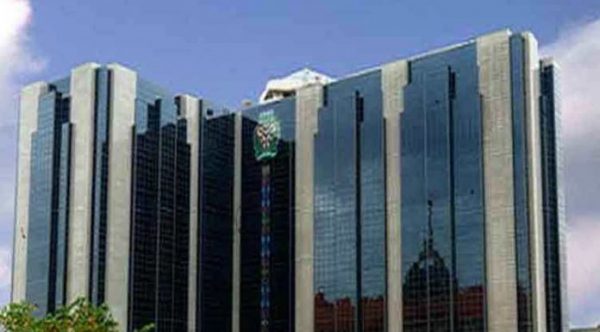
The country’s foreign reserves have continued its downward trend dropping by $3.02bn from $38.53bn on January 2, 2020 to $35.51bn as of March 27, 2020, latest statistics from the Central Bank of Nigeria have revealed.
According to the figures, the reserves dropped from $39.8bn on November 11, 2019 to $39.24bn on December 13, 2019. This is after the fall by $1.26bn from $41.76bn on October 2 to $40.5bn as of the end of October.
The reserves dropped by $482.18m from N45.14bn as of July 8 to $44.65bn on August 8, 2019.
The CBN stated in its communiqué at its recent Monetary Policy Committee meeting that available data on key macroeconomic variables indicated the likelihood of subdued output growth for the Nigerian economy in 2020.
It stated that based on the current downturn in oil prices, staff projections indicated that output in 2020 would be less than earlier envisaged.
The committee noted the weakened revenue position of the Federal Government, arising from the sharp drop in oil prices.
It reiterated the need for government to urgently reduce reliance on oil revenue by gradually diversifying the economy and improving its tax collection.
To this end, the MPC noted the speedy response of the Federal Government to the oil price shock with the revision of the 2020 budget downwards. It was reduced by N1.5tn and the oil price benchmark dropped from $57 to $30 per barrel.
The CBN Governor, Godwin Emefiele, gave the major downside risks to this outlook as “the continued spread of COVID-19; further decline in crude oil prices and the reduction in accretion to external reserves; reduced government revenue leading to weak aggregate demand; declining non-oil receipts; as well as infrastructural and security challenges.”
He said these headwinds would however be partly mitigated by the timely and effective response of the monetary and fiscal authorities in containing the spread of the COVID-19 viral infection.
The CBN governor also said it would be mitigated by the recalibration and adjustment of the 2020 federal budget to the revised thresholds, while pegging expenditure to critical sectors of the economy and adoption of a new fiscal regime to encourage the build-up of fiscal buffers.
He said there would be sustained CBN interventions in selected sectors; enhanced flow of credit to the real sector and deliberate policies to diversify the Nigerian economy.
The committee further noted with concern the combined demand and supply shocks to the global economy arising from the outbreak of COVID-19 and the oil price war between Saudi Arabia and Russia.
It also noted the weakening performance of global output growth since January 2020, reflected in losses in global stock values; declining primary commodity prices and disruptions to the global supply chain associated with large-scale global lockdown of mega metropolis and whole countries and social distancing.
Also, it added that there had been adverse shocks to global capital flows; vulnerabilities and uncertainties in major financial markets as well as rising corporate debt in the advanced economies and public debt in some emerging market and developing economies.



